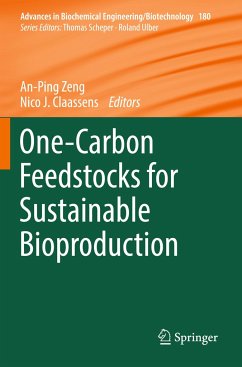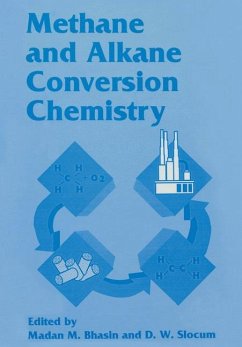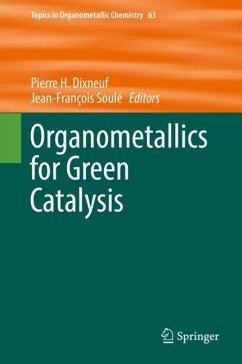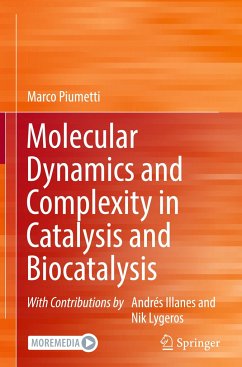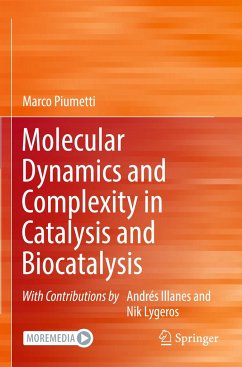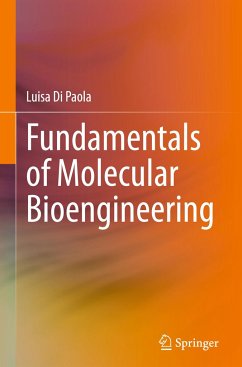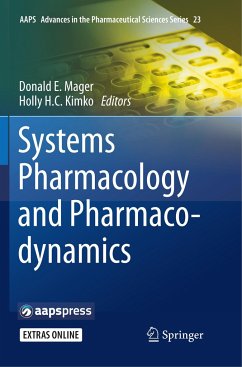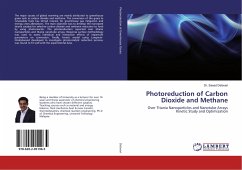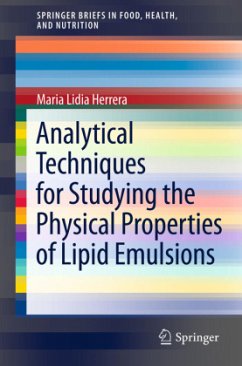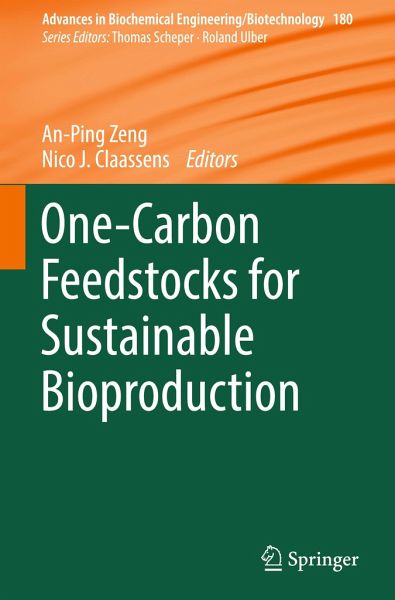
One-Carbon Feedstocks for Sustainable Bioproduction

PAYBACK Punkte
125 °P sammeln!
This book offers a comprehensive review of the latest developments, challenges and trends in C1-based (one-carbon based) bioproduction, and it presents an authoritative account of one-carbon compounds as promising alternative microbial feedstocks.The book starts with a perspective on the future of C1 compounds as alternative feedstocks for microbial growth, and their vital role in the establishment of a sustainable circular carbon economy, followed by several chapters in which expert contributors discuss about the recent strategies and address key challenges regarding one or more C1 feedstocks...
This book offers a comprehensive review of the latest developments, challenges and trends in C1-based (one-carbon based) bioproduction, and it presents an authoritative account of one-carbon compounds as promising alternative microbial feedstocks.
The book starts with a perspective on the future of C1 compounds as alternative feedstocks for microbial growth, and their vital role in the establishment of a sustainable circular carbon economy, followed by several chapters in which expert contributors discuss about the recent strategies and address key challenges regarding one or more C1 feedstocks.
The book covers topics such as acetogenic production from C1 feedstocks, aerobic carboxydotrophic bacteria potential in industrial biotechnology, bioconversion of methane to value-added compounds, combination of electrochemistry and biology to convert C1 compounds, and bioprocesses based on C1-mixotrophy. Particular attention is given to the current metabolic engineering, systems biology, and synthetic biology strategies applied in this field.
The book starts with a perspective on the future of C1 compounds as alternative feedstocks for microbial growth, and their vital role in the establishment of a sustainable circular carbon economy, followed by several chapters in which expert contributors discuss about the recent strategies and address key challenges regarding one or more C1 feedstocks.
The book covers topics such as acetogenic production from C1 feedstocks, aerobic carboxydotrophic bacteria potential in industrial biotechnology, bioconversion of methane to value-added compounds, combination of electrochemistry and biology to convert C1 compounds, and bioprocesses based on C1-mixotrophy. Particular attention is given to the current metabolic engineering, systems biology, and synthetic biology strategies applied in this field.





